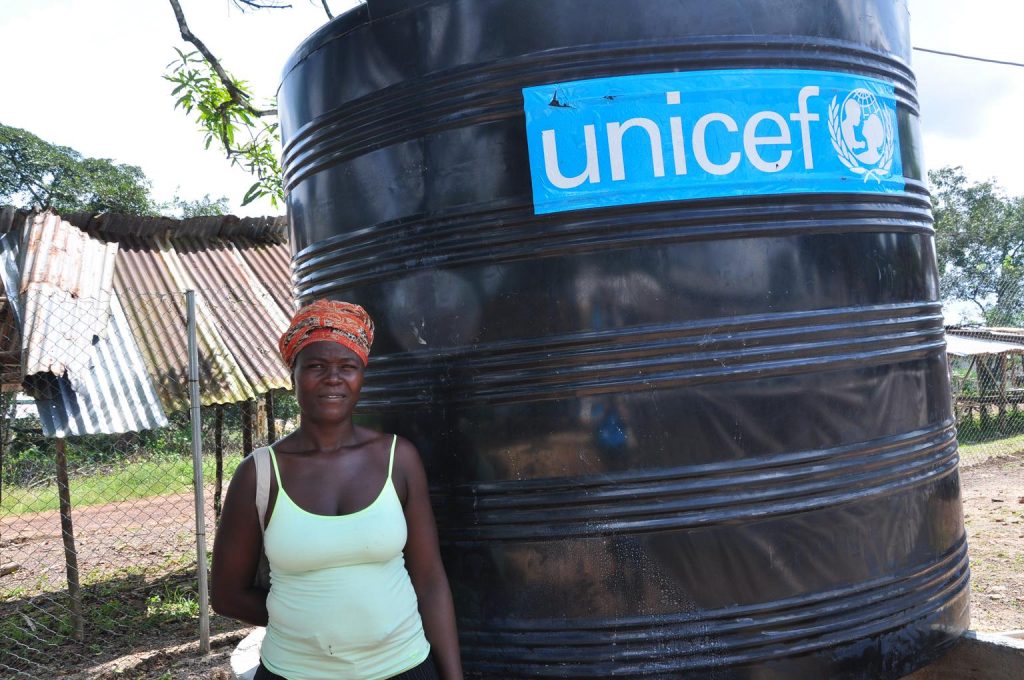In 2008 the Water Research Commission initiated a project to develop ‘Water Sector Institutional Landscape in 2025 Scenarios’. The aim was to build knowledge about key drivers and uncertainties related to the future of the South African water sector. A diverse group of stakeholders contributed to the development of the drivers, which translated into different scenarios and associated stories that have potential implications for social and economic development, as well as for the management of water resources and water services. The four scenarios were derived from a matrix with two axes that represent the ability of the decision-making paradigm of water institutions to deal with complexity, and the reconciliation of environmental, social and economic demands of present and future generations (sustainability).
The Wise Tortoise scenario describes a sector which deals with complexity and is sensitive to sustainability issues, whereas the Ignorant Ostrich scenario describes the opposite conditions. The Greedy Jackal and Busy Bee scenarios describe the other combinations of the key drivers. The scenarios provide stakeholders and policy-makers in South Africa’s water sector with insights to strengthen decision-making and to counter undesirable trajectories of change. The knowledge will empower role players in the water sector to engage in participative governance by equipping them with insights into potential futures that the South African water sector may face. This paper reports on the process to develop these scenarios for the South African water sector institutional landscape in 2025, presents the key forces, introduces the stories, and reflects on the use of scenarios in the water sector.



